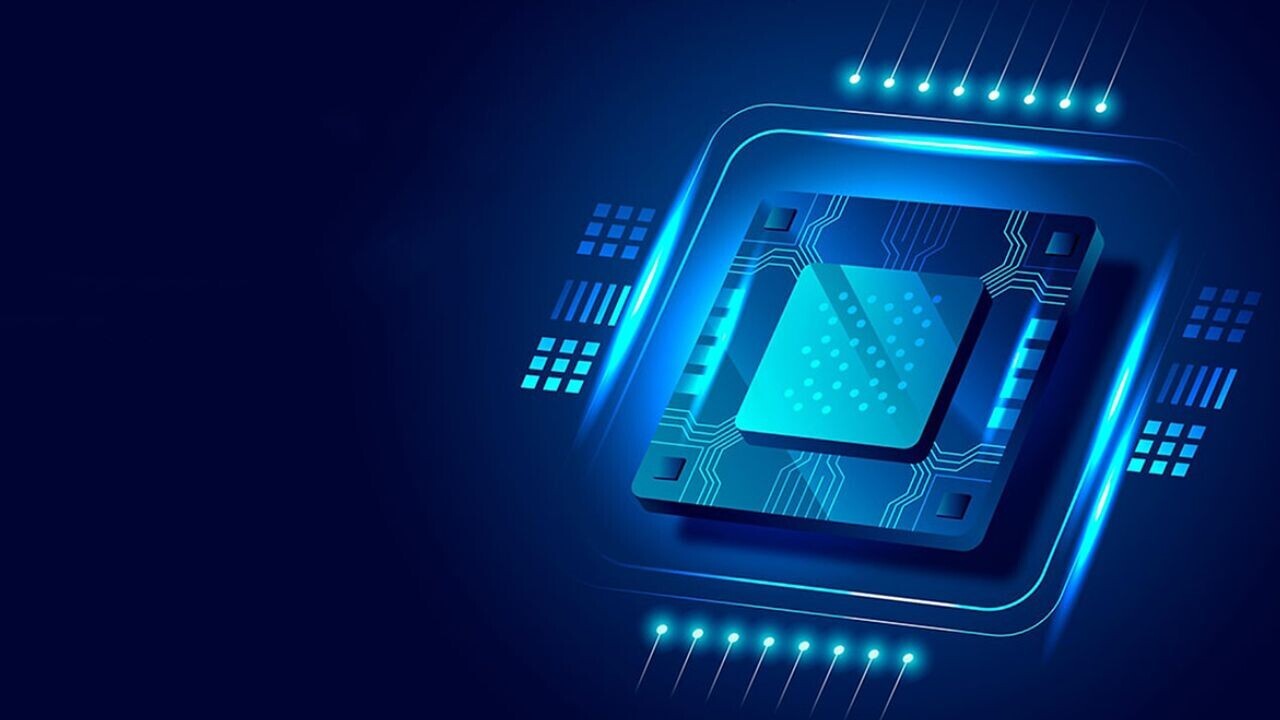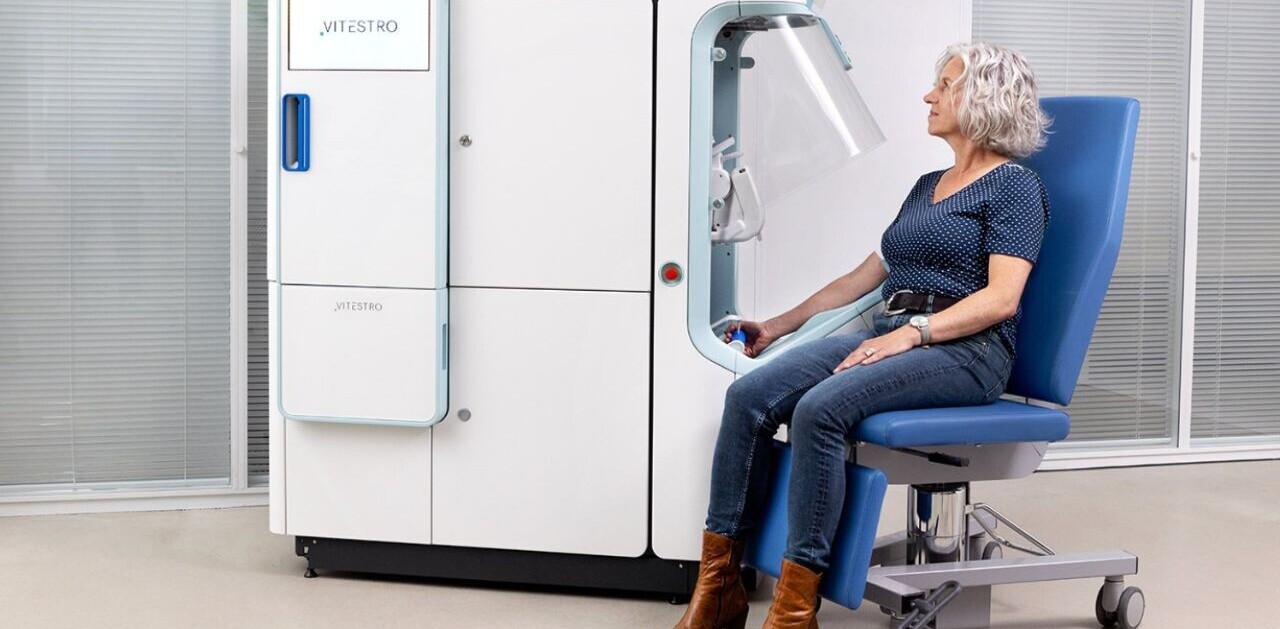
While Intel is betting big on ASML’s latest High NA EUV chipmaking machines, Taiwanese semiconductor giant TSMC is considering opting out.
Speaking at a conference in Amsterdam on Tuesday, TSMC’s Senior VP Kevin Zhang told reporters that ASML’s new equipment comes with too hefty a price tag.
The Dutch chipmaker’s High NA EUV machines represent the next generation in extreme ultraviolet (EUV) lithography technology, which uses light to draw chip designs on the silicon wafer.
According to ASML, these machines can manufacture chips that are both faster and more energy efficient. They reportedly cost about €350mn — compared to the €200mn of the company’s regular EUV machines.
Zhang said TSMC’s upcoming A16 node technology (for chips in premium phones, data servers, AI, and ADAS systems) doesn’t necessarily need to use the High NA machines. Instead, it could rely on the company’s existing EUV equipment.
“When actually High NA EUV will come into play, I think it depends on where’s the optimum economic and the technical balancing we can achieve,” he said.
Meanwhile, Intel has reportedly secured the majority of ASML’s latest equipment. In April, the US tech giant became the first chipmaker in the world to assemble a High NA EUV machine.
TSMC on track for first European fab
During the conference, TSMC confirmed that it will start building its first factory in Europe in the fourth quarter of 2024. Production will begin in 2027.
The $11bn-plant will be located in Dresden, Germany, and will allow the chipmaker to directly provide European automakers with MCUs. These are microprocessor units that control multiple vehicle systems, such as windows, brakes, and windshield wipers.
The fab is a joint venture between TSMC and three major European players in the chip industry: Bosh, Infineon, and Netherlands-based NXP, participating with a 10% stake each.
TSMC has already secured €5bn in support from the German government and is now awaiting for a subsidy approval under the EU’s Chips Act.
The act aims to mobilise €43bn in public and private investments, and increase the EU’s share in global production capacity from 10% to 20% by 2030.
The Taiwanese chipmaker opened its first overseas factory in February this year in Japan. It plans to begin building a second one in late 2024.
Get the TNW newsletter
Get the most important tech news in your inbox each week.




